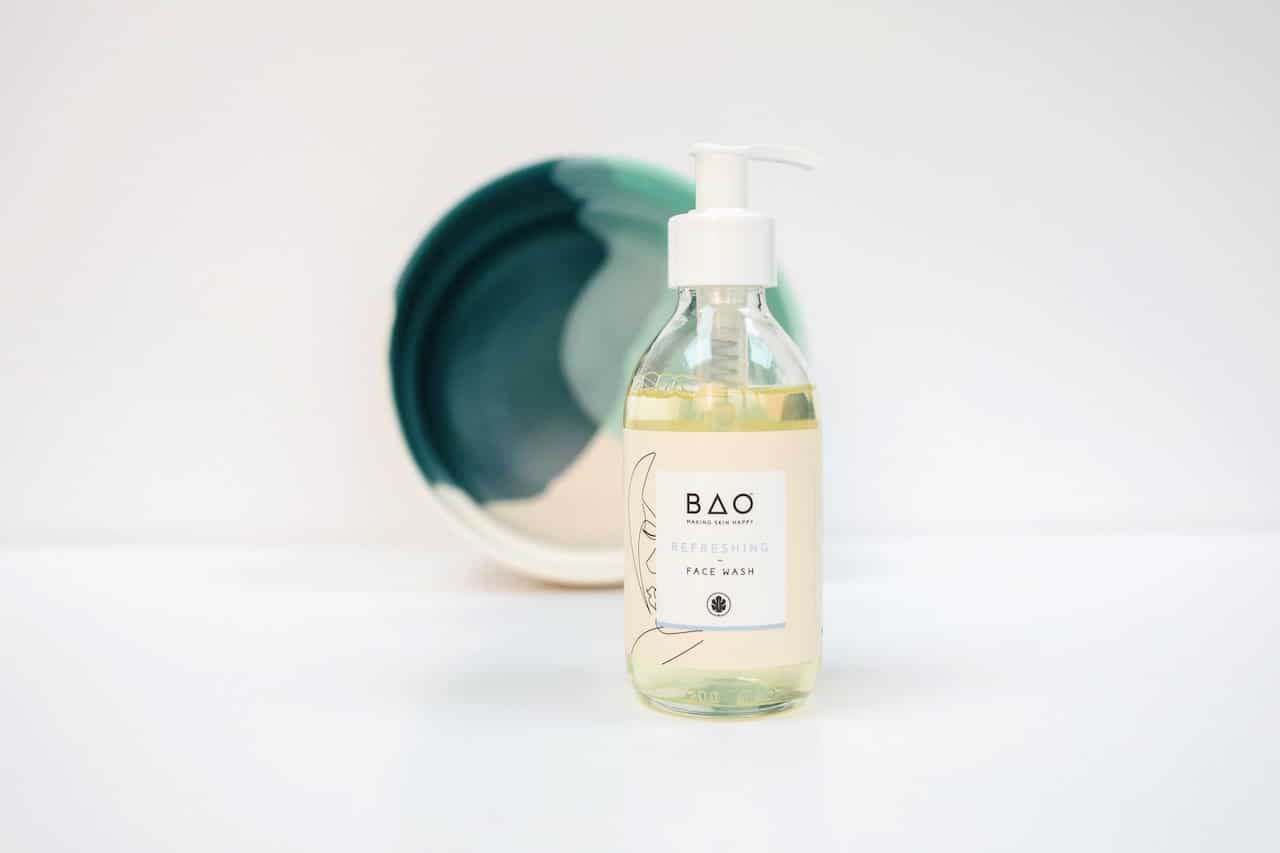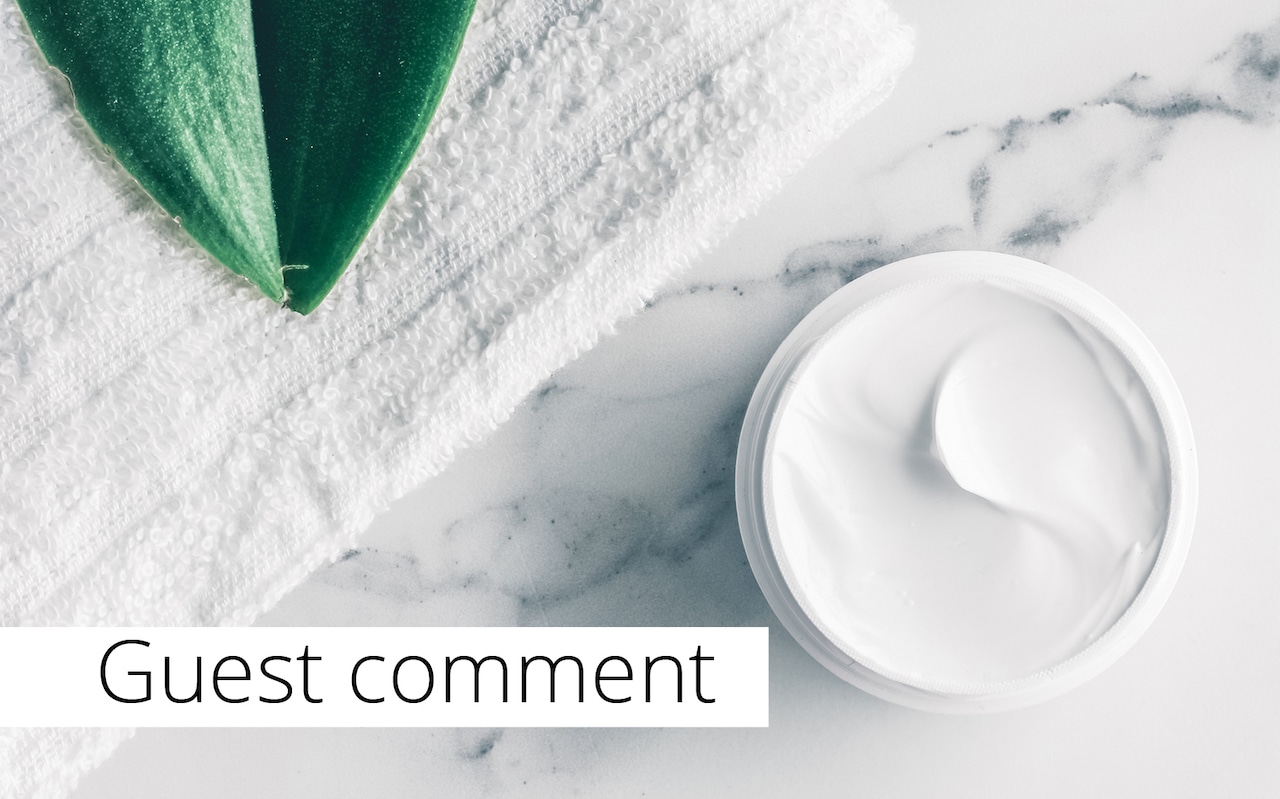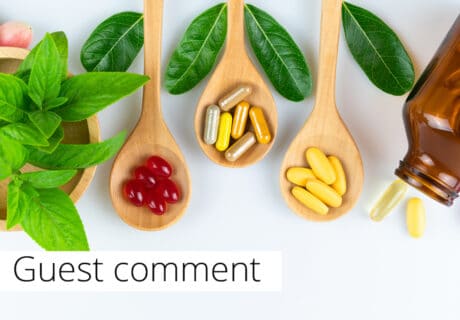Beth Coldrick, founder of BAO Skincare, explains what led her to become certified organic and shares the challenges and triumphs of that journey.
Year on year, beauty consumers are becoming more conscious about not only what they put on their skin, but also where the ingredients come from; is the brand sustainable and can they trust that the brand’s ethos aligns with their own?
I see it first-hand with my brand. Every day I am welcoming new customers who previously wouldn’t have studied the packaging to see if the brand was organic or not – but now they are much more conscious of a brand’s sustainable properties as well as the natural, organic ingredients
This conscious consumerism has led to the growth of certified organic and natural products which rose a significant 23% in 2019. This is not only the ninth year of consecutive double-digit growth, but the third biggest percentage growth since 2010. Sales in the organic beauty sector exceeded £106.4m in 2019 and are set to increase further in 2020.
I now have every single ingredient I use to make my products tested by COSMOS and I display the results on my website for all to see
But, you may be asking, what does it mean to be certified organic and how can brands step up and be more mindful about their choices? Here I give my opinion and delve a little deeper into the world of organic beauty and what it takes to be certified.To start with the basics, organic beauty is the formulation of cosmetic products using organically farmed ingredients. These ingredients are grown without the use of Genetically Modified Organisms (GMOs), herbicides, synthetic fertilizers and more. Unlike organic food and drink businesses, beauty brands are not legally obligated to be certified – any brand can claim to be organic and may contain just 1% of organic ingredients. However, there’s a difference between being organic and certified organic, and it comes at a cost. I made the (expensive) leap to become certified by the COSMOS Soil Association as I wanted to be fully transparent with my customers. I now have every single ingredient I use to make my products tested by COSMOS and I display the results on my website for all to see. I understand why some brands don’t go down this route because of the cost involved, especially smaller up-and-coming brands, as it’s a huge initial outgoing and of course at the moment times are tough for everyone.
On top of the cost, the process of certification is a lengthy one; to be certified in the UK you send every ingredient you use in your products to COSMOS to be tested and approved. You have to provide your energy sources and water usage, and provide information about your packaging. If you see a COSMOS logo on cosmetics packaging you can feel safe knowing there has been no animal testing, there are no GMO ingredients, no controversial chemicals, no synthetic parabens and phthalates and no synthetic colours, dyes or fragrances. The Soil Association then sends back the results and you can adjust your ingredients accordingly. It’s an intense process and the thing I found most difficult was the lack of advice and recommendations following the testing. I knew what I shouldn’t be putting in my products but had little input on what should be in there. However, I’m truly glad I have been certified as it allows my customers to fully trust in my brand.
Some people ask me can you have such a thing as completely organic? Absolutely you can – I’ve got two products in my range that are 100% organic and 100% natural: the Restorative Beauty Oil and the Healing Body Oil. As you may have noticed these are both oils. Water-blended products such as creams need preservatives (I will only use natural preservatives) and therefore cannot be 100% organic.
It would be great to see more large brands get involved
There is some question around whether natural and organic products are as results driven, as scientific or high-tech skincare. I tried every product under the sun to soothe my sensitive skin, from high-end, high-tech skincare, to a supermarket’s own brand. My skin was only happy when I stripped it back and used high quality organic skincare products. The natural products were kinder to my skin, didn’t cause any hypersensitivity, and I had no reaction to the ingredients like I had done in the past. A lot of high-tech ingredients like retinol have natural alternatives such as bakuchiol which can prove just as effective. I believe it is the quality and potency of those natural alternatives that make all the difference. Although it is important to note that everybody’s skin is different and anybody can react, be allergic to, or be sensitive to natural organic ingredients as much as those synthetic ingredients used in some brands.
How I always explain it to customers is using organic, natural, plant-based ingredients allows the skin to get back to a balanced state so that it’s producing the right amount of oil – not too much, not too little. The most important thing is to keep optimum hydration in the skin with the help of hyaluronic acid. Generally, the ingredients I use just keep your skin at its normal pH level, meaning your skin is where it should be, which is very rare!
I’m a big supporter of the organic movement and it would be great to see more large brands get involved.






